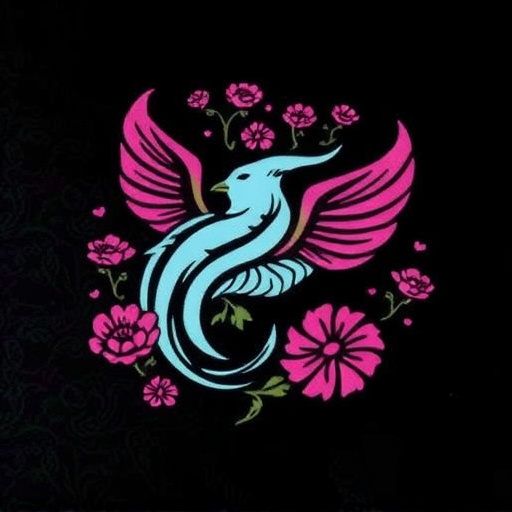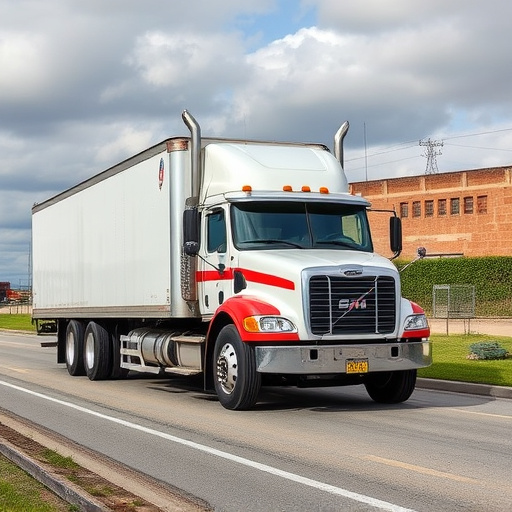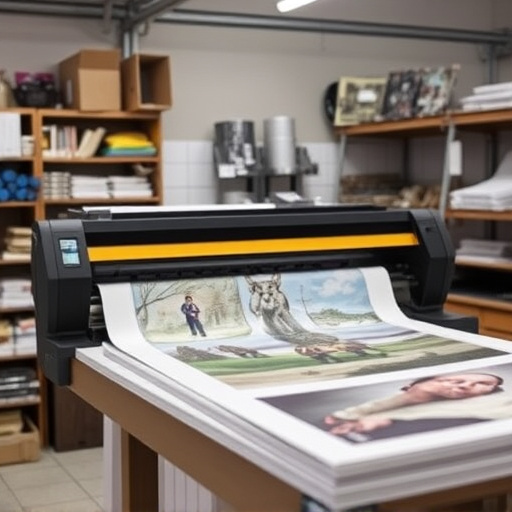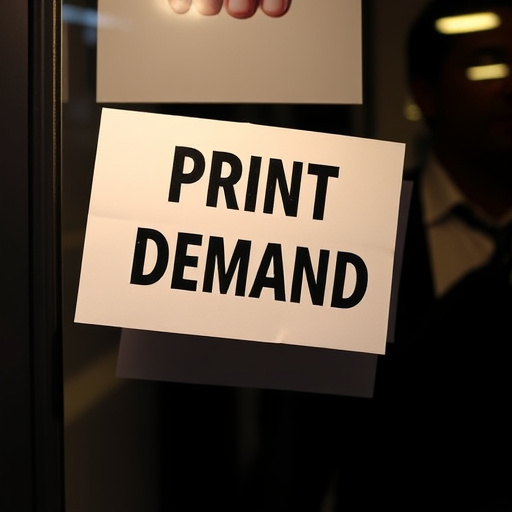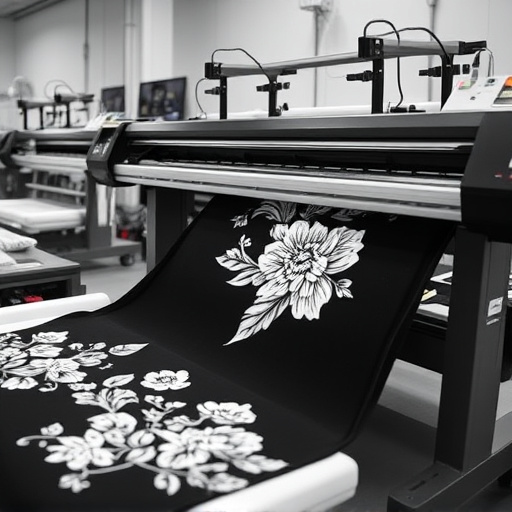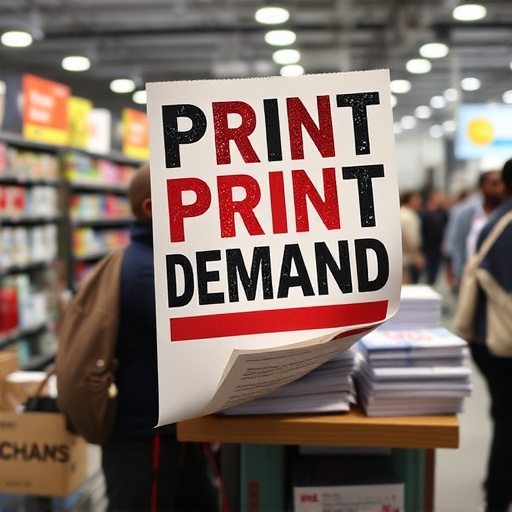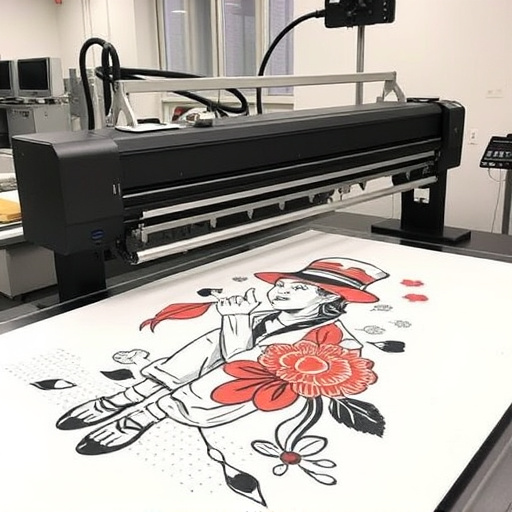Obtaining proper licenses and permits is essential for setting up a DTF cotton printing business to ensure legal compliance, workplace safety, and high-quality printing while adhering to environmental and intellectual property regulations. Local and national levels require distinct permits for noise, waste management, health and safety, business registration, tax compliance, and specific chemical permissions. Correct procedures protect workers, maintain product quality, and satisfy consumers in the DTF cotton printing process.
“In the dynamic world of textile printing, DTF (Direct-to-Fabric) cotton printing has emerged as a game-changer, offering vibrant and intricate designs. However, navigating the licensing requirements can be a complex task for aspiring entrepreneurs. This article serves as a comprehensive guide, delving into the intricacies of DTF cotton printing licenses. From understanding the local to national licensing landscape, we’ll explore permits and certifications necessary for safe and legal operation, ensuring you’re well-equipped to establish your print shop.”
- Understanding DTF Cotton Printing Licensing
- Local vs. National Licensing Requirements
- Permits and Certifications for Safe Operation
Understanding DTF Cotton Printing Licensing

Understanding DTF Cotton Printing Licensing is a crucial step for any business looking to enter or expand in the custom graphic tees and clothing brand market. DTF (Direct-to-Fabric) printing, specifically on cotton, involves specialized equipment and chemicals that require proper handling and operational knowledge. Before setting up shop, businesses must navigate and adhere to various licensing requirements. These include obtaining permits from local authorities, ensuring compliance with environmental regulations related to chemical disposal, and possibly registering as a business entity.
For those looking to offer dtf printing services, understanding the legal landscape is essential. This includes recognizing industry-specific standards for workplace safety and health, as well as intellectual property considerations for logos and custom designs. Staying informed about these licensing aspects not only protects your business from legal repercussions but also enables you to deliver high-quality dtf printing for clothing brands while maintaining ethical and regulatory compliance.
Local vs. National Licensing Requirements

When setting up a DTF (Direct to Fabric) cotton printing shop, understanding the licensing landscape is crucial. The licensing requirements can vary significantly depending on whether your business operates at a local or national level. Local licenses are typically focused on specific city or regional regulations, addressing issues like noise levels, waste management, and health and safety standards specific to the area. These may not directly impact your DTF cotton printing processes but are essential for operating within the community.
In contrast, national licensing requirements are more comprehensive and standardized across the country. They often cover aspects such as business registration, tax compliance, and environmental regulations related to printing materials and waste disposal. For a DTF transfers shop, understanding these national guidelines is vital, ensuring your business adheres to industry standards and avoids legal complications. This includes obtaining permits for using specific chemicals and equipment, which may differ from region to region but are critical for the safe and efficient operation of your dtf printer.
Permits and Certifications for Safe Operation
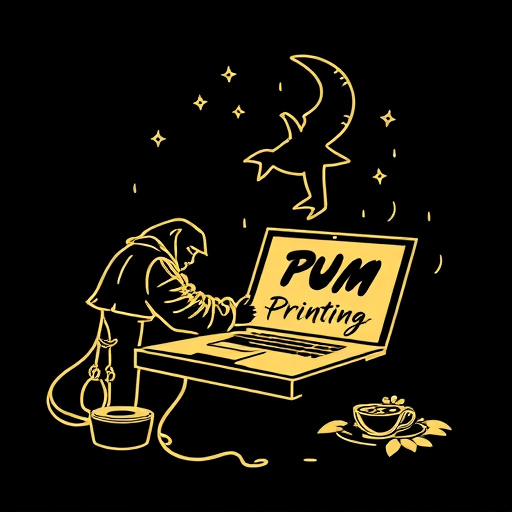
In order to operate a DTF cotton printing shop safely and legally, obtaining the necessary permits and certifications is paramount. These regulatory requirements ensure that businesses adhere to health and safety standards, particularly when handling chemicals and equipment associated with direct-to-fabric (DTF) printing processes. Local authorities often mandate specific licenses for businesses involved in textile printing, ensuring compliance with environmental and occupational safety regulations.
Additionally, shops utilizing dtf heat transfer paper or creating dtf transfers must meet stringent criteria related to workplace safety, including proper ventilation systems, handling protocols for potentially hazardous materials, and comprehensive training programs for employees. Such certifications not only safeguard workers but also uphold the quality and integrity of the final printed products, ensuring consumer safety and satisfaction in the realm of DTF cotton printing.
When setting up a DTF cotton printing shop, navigating the licensing requirements is crucial for a smooth operational journey. Understanding both local and national regulations, as well as obtaining necessary permits and certifications, ensures your business adheres to industry standards and promotes safe practices in DTF cotton printing. By staying informed and compliant, you’re not just meeting legal obligations but also contributing to the vibrant tapestry of the printing industry.
